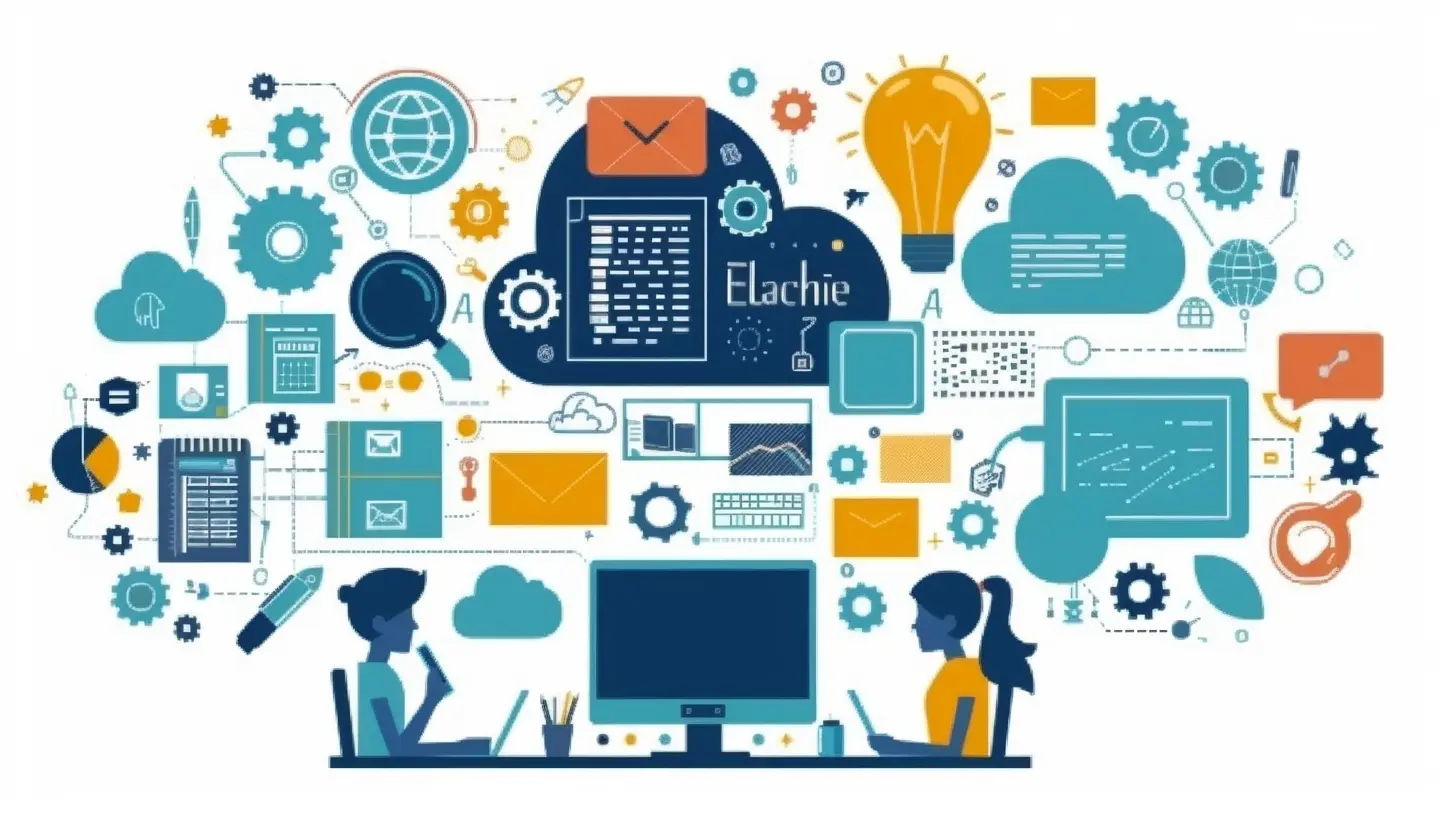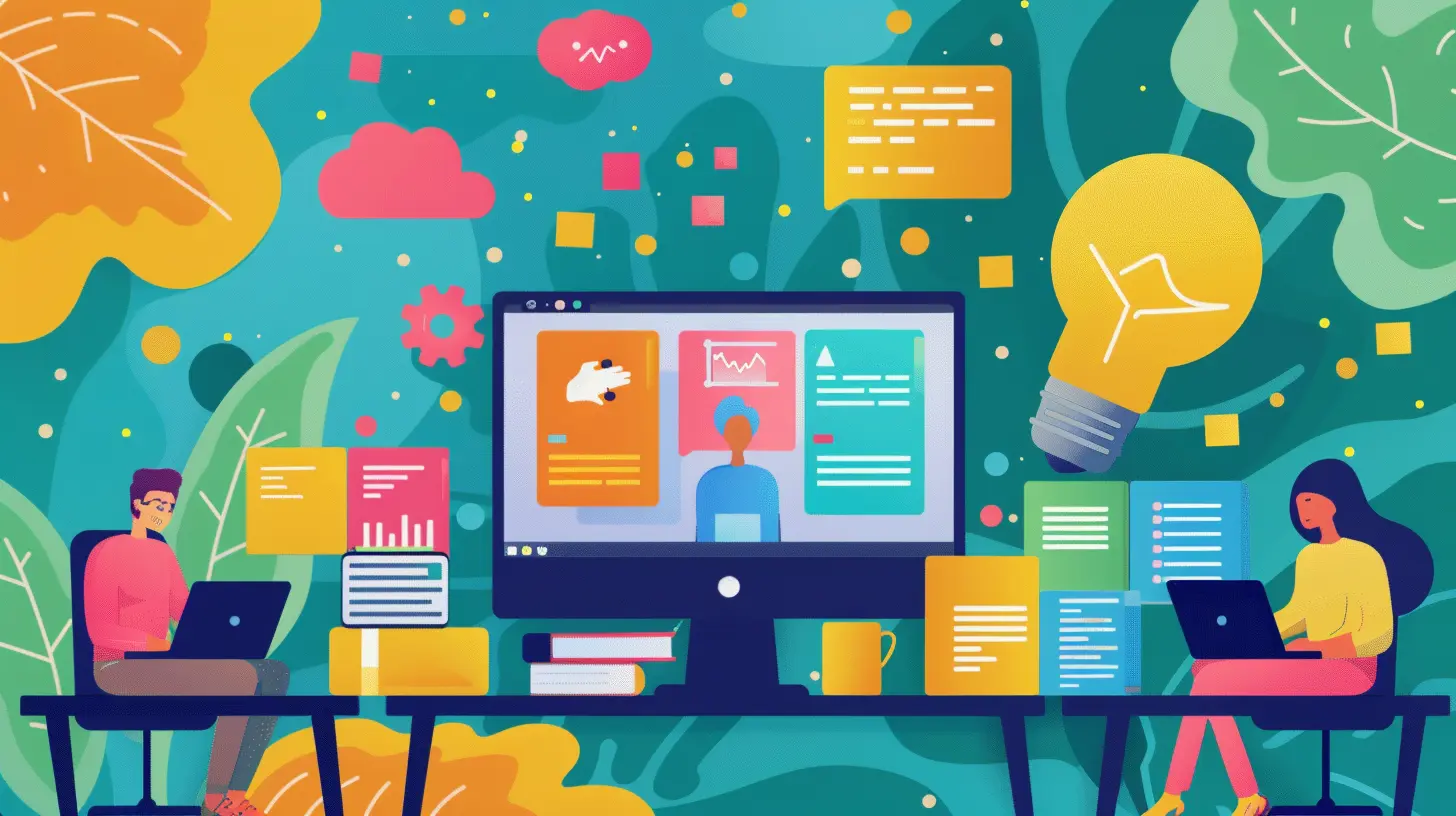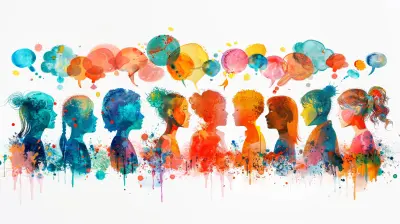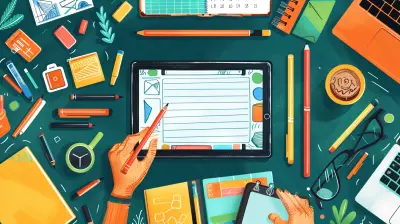The Role of Personalized Learning in Online Education
1 November 2025
The shift to online education has been nothing short of revolutionary. Traditional classrooms are no longer the only way to acquire knowledge. With the rise of technology, students can now learn from the comfort of their homes, at their own pace, and in a way that suits their individual needs.
One of the key innovations fueling this transformation is personalized learning. But what exactly does it mean? And why is it so important in online education? Let’s dive into it.

What Is Personalized Learning?
Personalized learning is an educational approach that tailors instruction, content, and pace to the unique needs of each learner. Unlike the traditional one-size-fits-all model, where every student follows the same curriculum and learning path, personalized learning takes into account individual strengths, weaknesses, interests, and goals.In simple terms, imagine two students learning math. One struggles with algebra but excels in geometry, while the other finds algebra easy but has trouble with statistics. In a personalized learning environment, each student would receive learning materials specifically designed to address their weak areas while allowing them to advance in subjects they excel at.

Why Personalized Learning Matters in Online Education
Online education already offers flexibility and accessibility, but without personalization, it can easily become overwhelming and ineffective. Personalized learning plays a crucial role in enhancing engagement, improving retention, and boosting academic success. Here’s why:1. Caters to Different Learning Styles
Every student learns differently. Some are visual learners, while others prefer text-based content. Some grasp concepts better through hands-on activities, while others learn best by listening.Personalized learning in online education allows students to choose instructional formats that align with their learning styles. Whether it's videos, interactive quizzes, podcasts, or reading materials, they can engage with content in a way that makes learning more enjoyable and effective.
2. Encourages Self-Paced Learning
Not everyone absorbs information at the same speed. Some students breeze through concepts quickly, while others need more time to fully understand them.Personalized learning enables students to move at their own pace. If they need more time on a particular topic, they can revisit lessons without the pressure of keeping up with the rest of the class. Likewise, if they grasp a concept quickly, they can move ahead without unnecessary repetition.
3. Boosts Motivation and Engagement
When students feel that their learning experience is tailored to their needs, they are more motivated to continue. Personalized learning allows students to set goals that resonate with their interests and ambitions, making the learning journey more engaging.Think about it this way: if you're forced to study a subject you have no interest in, you might lose motivation quickly. But if the lessons are aligned with your passions and skills, you're more likely to stay engaged and committed.
4. Provides Instant Feedback and Progress Tracking
Many online learning platforms use AI and data analytics to track student progress and provide real-time feedback. This means students receive immediate assessments on their performance, helping them identify areas that need improvement.Unlike traditional classrooms, where students often wait days or even weeks for graded assignments, personalized online learning provides instant insights. This quick feedback loop keeps students on track and encourages continuous improvement.
5. Enhances Teacher-Student Interaction
You might think online education lacks the personal touch of face-to-face learning, but that’s not necessarily true. With personalized learning, educators can analyze student performance and provide targeted support based on individual needs.Instead of delivering the same lecture to an entire class, instructors can guide students one-on-one, offering personalized feedback, answering specific questions, and recommending additional resources that align with their unique learning paths.

The Key Technologies Behind Personalized Learning
Technology plays a massive role in making personalized learning possible. Here are some of the essential tools and technologies driving this educational revolution:1. Artificial Intelligence (AI) & Machine Learning
AI-powered platforms analyze student data, learning patterns, and performance to tailor educational content. They can identify weaknesses, suggest customized study plans, and even predict future struggles before they happen.2. Adaptive Learning Platforms
These platforms adjust the difficulty level of coursework based on student progress. If a learner excels in a particular topic, the system increases the challenge level. If they struggle, it offers additional support and simpler explanations.3. Learning Management Systems (LMS)
Modern LMS platforms track student performance, suggest personalized courses, and allow educators to customize content for each learner. Examples include Moodle, Blackboard, and Canvas.4. Gamification
Many online courses incorporate elements of gamification, such as badges, leaderboards, and rewards, to keep students motivated. Personalized learning platforms adapt these game-like experiences based on individual progress and achievements.5. Big Data & Analytics
Educational institutions use data to track student engagement, monitor learning behaviors, and make data-driven decisions to improve personalized learning experiences.
Challenges of Personalized Learning in Online Education
While personalized learning offers immense benefits, it also comes with challenges. Here are some of the key obstacles:1. Implementation Complexity
Developing a personalized learning system requires significant investment in technology, infrastructure, and training. Not all online education providers have the resources to implement it effectively.2. Data Privacy Concerns
Since personalized learning relies on data collection, concerns about student privacy and security arise. It’s essential to ensure that learners’ personal information is protected and not misused.3. Need for Self-Discipline
Self-paced learning requires discipline and motivation. Some students may struggle to stay on track without the structured environment of a traditional classroom.4. Limited Human Interaction
Despite personalized content, some students may miss the social and interactive elements of traditional education. Institutions need to integrate collaborative activities, group discussions, and virtual mentorship to address this gap.The Future of Personalized Learning
As technology continues to advance, the future of personalized learning in online education looks promising. Here’s what we can expect:- More AI Integration – AI will become even smarter, offering real-time tutoring, adaptive lessons, and personalized study plans tailored to each student.
- Greater Customization – Students will have more control over their education, picking subjects, learning styles, and even building their own curriculum.
- Virtual Reality (VR) & Augmented Reality (AR) – Immersive learning experiences will make education more engaging and interactive.
- Improved Collaboration Tools – Online learning will include better virtual classrooms, group projects, and learning communities to enhance interaction.
Conclusion
Personalized learning is shaping the future of online education. By tailoring instruction to meet individual needs, it creates a more engaging, effective, and enjoyable learning experience. While there are challenges to overcome, the benefits far outweigh the drawbacks.As technology continues to evolve, personalized learning will become the norm rather than the exception. Whether you're a student seeking a more customized approach to education or an educator looking to enhance teaching methods, embracing personalized learning is the way forward.
all images in this post were generated using AI tools
Category:
Online LearningAuthor:

Zoe McKay
Discussion
rate this article
1 comments
Juno Wolf
Oh great, just what we needed—more customization!
November 6, 2025 at 4:22 AM

Zoe McKay
Thank you for your feedback! Customization can enhance learning by tailoring experiences to individual needs.


